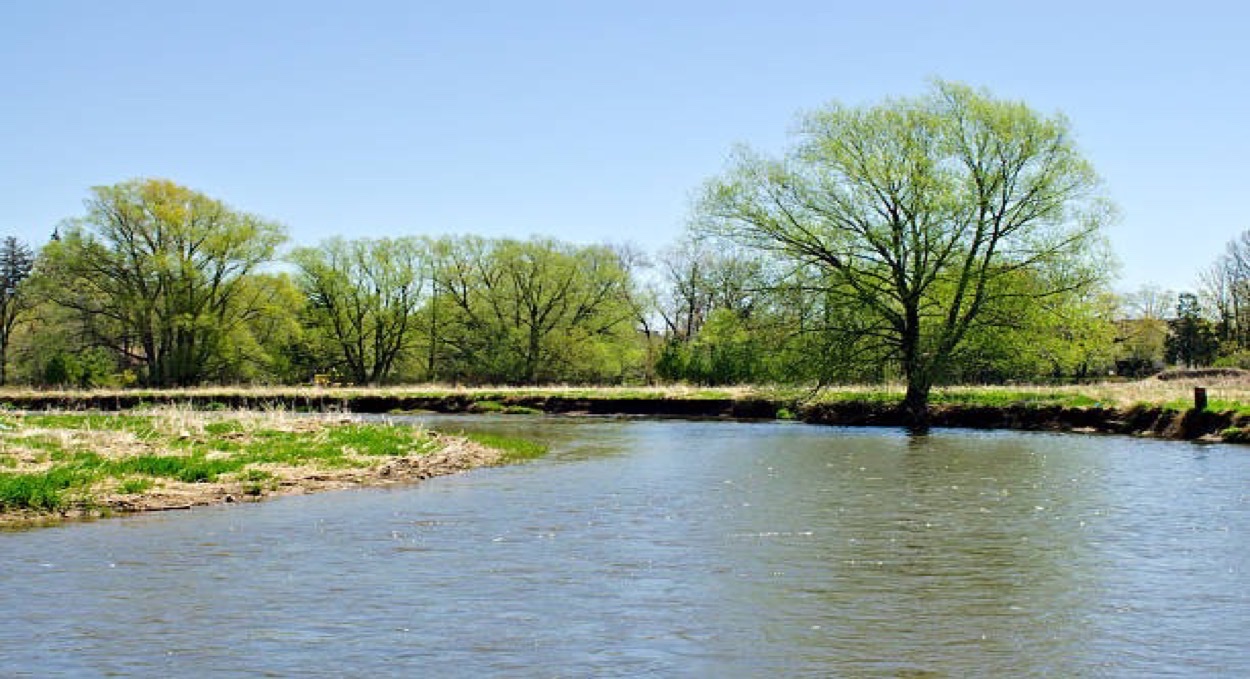IP in the case of purchasing goods in Vietnam
In some cases, the goods to be purchased in Vietnam are subject to intellectual property rights (in particular trademarks) of third parties. Trademarks can be researched online on the homepage of the National Office of Intellectual Property (NOIP; search mask only in Vietnamese). According to Vietnam commercial law, the seller is responsible for assuring that the goods sold do not infringe on intellectual property rights of third parties. Nevertheless, the sourcing contract should, where appropriate, include a clause according to which the supplier warrants that it owns, or has a license with regard to, all relevant intellectual property rights. If a third party complains to the foreign buyer about a copyright infringement, the foreign buyer must inform the supplier promptly about this complaint. Otherwise, it risks losing its claim against the supplier.
Often, the foreign buyer transfers, at least temporarily, intellectual property to Vietnam (e.g. the design of shoes to be produced, or technology to be used, by the supplier). The sourcing contract should contain a clause which prohibits the supplier, on pain of penalties, from disclosing the intellectual property and using it for other purposes than the production of the goods ordered by the foreign buyer. Depending on the case, it should be made clear that the supplier is also prohibited from using leftover materials to produce an additional number of goods for sale in a parallel supply chain. Furthermore, the contract should make provisions as to the fate of the equipment used in production (e.g., what happens to the molds after the contractual relationship has ended?).
Foreign buyers should consider registering their trademarks even if they have no intention of selling in Vietnam. Otherwise, they risk that a local competitor registers these trademarks and tries to prevent the goods ordered by the foreign buyer from leaving Vietnam on the grounds that they violate the trademarks registered in the local competitor’s name.
Software is subject to intellectual property protection. The moral rights (right to give titles, attach his or her real name to the works, protection of the integrity of the works) rest with the author who is, in the case of software, the individual programmer who wrote it. It is possible for the author and third parties (e.g. the company employing the author) to agree that the third party should have the right to give titles and make modifications to the software. An organization that makes a financial investment to create software has the right to publish the work and exclusively holds the economic rights in it (such as making and distributing copies). In order to avoid confusion (who is the “organization that makes a financial investment” – the Vietnamese software company that employs the individual programmer or the foreign buyer who orders the production of the software?), a sourcing contract should state clearly to what rights the foreign buyer is entitled with regard to the software.
IP in the case of selling goods to Vietnam
Trademarks (and, eventually, industrial designs and layout designs) should be registered with the National Office of Intellectual Property (NOIP) in Hanoi in order to facilitate protection in Vietnam. Whether patents should be registered is subject to a risk assessment (possible legal protection on the one side, disclosure of the invention in the patent application on the other). It usually takes between one and two years to obtain registration for a trademark; however, protection starts with the date of filing.
Works protected by copyright include, amongst others, textbooks, teaching courses, music, films, architectural works, software, data collections. Copyright protection requires no registration. It is possible to register a work with the Copyright Office of Vietnam, but this requires disclosure of the work. Works of foreigners are protected if they are nationals, or residents, of a member state of the Berne Convention, or if their work was published in a member state of the Berne Convention for the first time. Most countries in the world are member states of the Berne Convention.
Intellectual property rights can be enforced in (i) administrative, (ii) civil, and/or (iii) criminal proceedings. Administrative proceedings are usually the most effective route available. They work comparatively well against infringements of trademarks, industrial designs and layout designs, but less so against patent and copyright infringements.
Applications for administrative enforcement can be filed with the following authorities:
- Inspectorate of the Ministries – or of the local Departments – of Science and Technology or of Information and Communications with respect to infringements of industrial property rights (trademarks, industrial design, layout design, patents);
- Inspectorate of the Ministry of Culture, Sports and Tourism with respect to copyright infringements;
- Inspectorate of the Ministry of Agriculture and Rural Development with respect to infringements of rights over plant varieties;
- local market management bureaus;
- customs;
- People’s Committees at all levels;
- economic police.
The most efficient way is probably to file the request for administrative enforcement with a competent inspectorate or market management bureau. A detailed description of the procedure and sanctions available to the authorities is contained in Decree 105/2006/ND-CP. Further information are also available on the homepage of the Inspectorate of the Ministry of Science and Technology (http://iprenforcement.most.gov.vn).
It is possible for rights holders to request customs to detain shipments of goods suspected of infringing on their rights.










